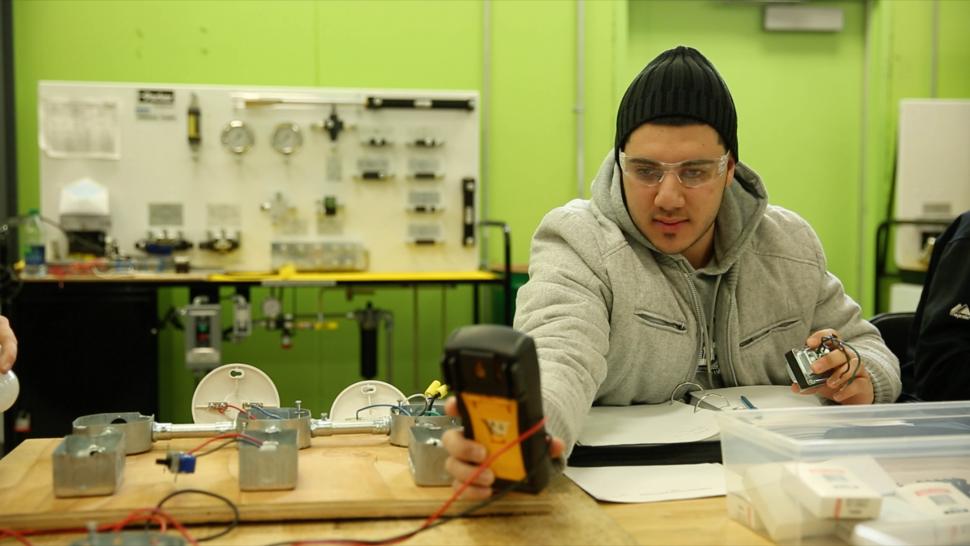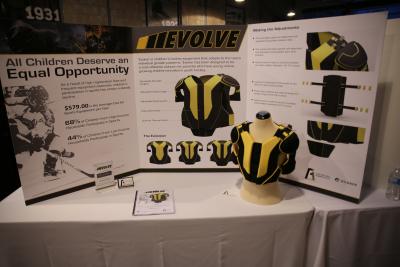
The annual Capstone Project Expo is the kind of event where students present year-end projects so strong that industry players hire them on the spot.
Humber College’s Information and Communications Technology (ICT) cluster usually hosts the expo, but the COVID-19 restrictions forced a restructuring for 2020.
Project displays are crucial for connecting students with faculty, industry, and future career prospects based on their skills and knowledge.
One faculty member had a work-around: Host the expo online. That way, all the projects are in one place for industry and others to review year-round
“It’s all about celebrating student success,” said Jonathan Kim, Associate Dean of ICT in the Faculty of Applied Sciences and Technology (FAST).
The ICT cluster includes eight programs including the Supply Chain Management graduate certificate program and the Computer Engineering Technology advanced diploma program.
Many of the capstone projects revolve around cloud-based services for e-commerce, web streaming, and security-related projects.
Conversation starter
ICT students completed their projects in physical isolation.
Some uploaded videos of their presentation or published slides and PDFs to the capstone project site.
At the traditional expo, conversations are organic. An industry partner enquires about the project, what makes it special, and how it responds to a challenge or problem.
“It helps students with critical thinking. They learn how to make a project successful,” said Kim.
Instead of meeting in person, employers will be able to contact students directly through the website and program coordinators.
“Quite often an instantaneous interview happens if they really like the project,” said Kim.
Showcasing industrial design
Students in the Bachelor of Industrial Design (BID) program had also planned to showcase their work at the end of the academic year. They faced a unique predicament because their presentations depended on physical models.
Students and instructors had to reconsider their approach to the showcase, which was meant to convey interaction between people, products, and the environment of use.
“The degree of pivoting required was huge,” said Patrick Burke, the Industrial Design Program Coordinator.
Finishing remotely proved a challenge.
Those who were able to complete their models at home after campus closed in March submitted presentations, photos, and videos. Eighteen students are showcasing their work online at The 2020 Industrial Design Thesis Show – Virtual Exhibition. Each thesis project is accompanied by a message and short bio from the student.
“This is the culmination of the Industrial Design student’s career at Humber,” said Catherine Chong, a facilitator and professor in the program.
“Through hard work, much blood, sweat and tears, our students have persevered.”
 The students came up with design solutions for a variety of sectors, including health and safety products and the automotive and transportation field.
The students came up with design solutions for a variety of sectors, including health and safety products and the automotive and transportation field.
“The thesis project challenges students to identify and analyze human problems for a specific demographic,” said Dennis Kappen, a professor who is also facilitating projects.
He points to a project re-imagining the human-interaction design challenges faced by saturation divers as an example.
Like the ICT virtual expo, the online showcase is meant to convey students’ qualifications and readiness to work in the industry as a designer, consultant, or entrepreneur.
Program coordinator Patrick Burke describes the students’ design solutions as “amazing.”
“The results speak for themselves,” he said.